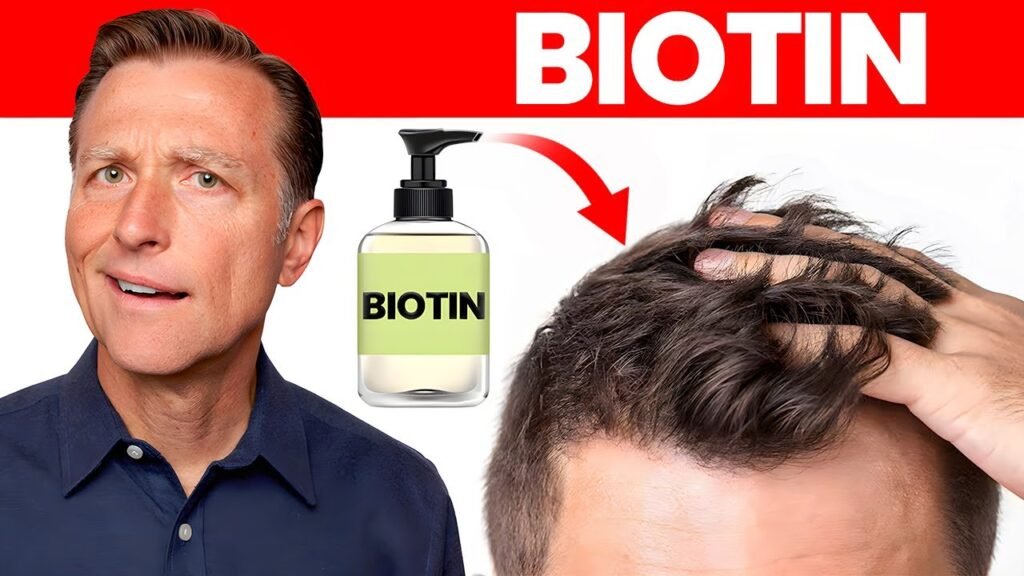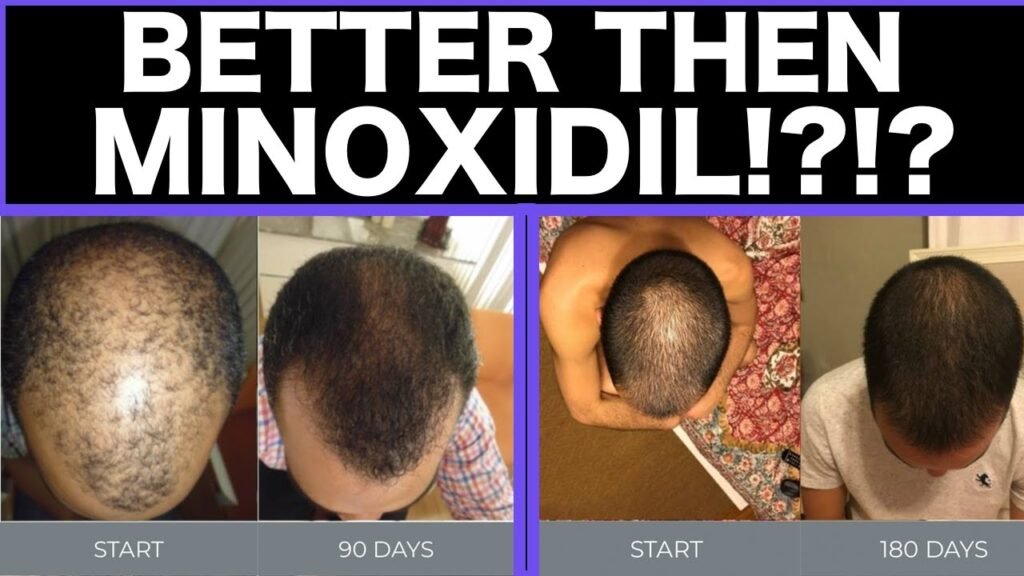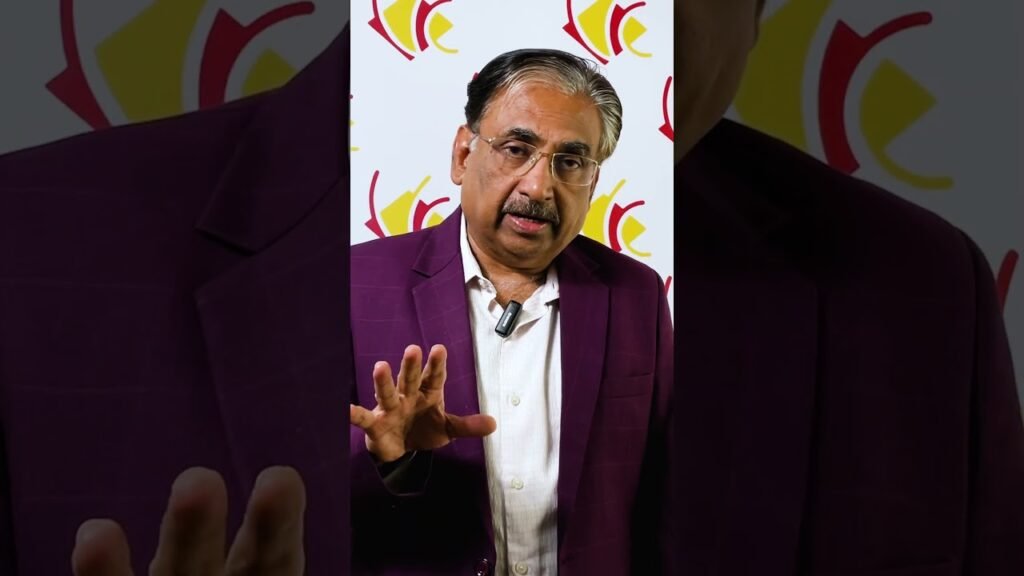Why choose Minoxidil vs biotin
When it comes to addressing hair loss and promoting hair growth, the choice between Minoxidil and biotin often arises. Minoxidil is a well-known topical treatment that has been scientifically proven to stimulate hair follicles and promote hair growth. It is FDA-approved for treating certain types of hair loss, such as androgenetic alopecia, making it a trusted choice for those seeking a medically-backed solution. By directly targeting the scalp and improving blood flow to hair follicles, Minoxidil helps in revitalizing shrunken hair follicles and extending the growth phase of the hair cycle.
On the other hand, biotin, also known as vitamin B7, is a water-soluble vitamin that plays a role in maintaining healthy hair, skin, and nails. While biotin is essential for overall health and can support hair strength, it lacks the clinical evidence that Minoxidil boasts when it comes to effectively reversing hair loss. Biotin supplements are often marketed for hair health, but they primarily benefit those with a biotin deficiency, which is relatively rare. Therefore, if you are dealing with significant hair thinning or pattern baldness, Minoxidil might offer more tangible results compared to biotin supplements.
Another factor to consider is the method of application. Minoxidil is typically applied directly to the scalp, allowing it to act locally where hair growth is needed most. This targeted approach can be more effective for individuals experiencing specific areas of hair loss. In contrast, biotin is usually consumed orally, which means its effects are distributed throughout the body. While this can support overall health, it may not provide the focused impact on hair growth that some individuals require. Therefore, for those specifically seeking to combat hair loss with a direct and proven treatment, Minoxidil often emerges as the more favorable option.


